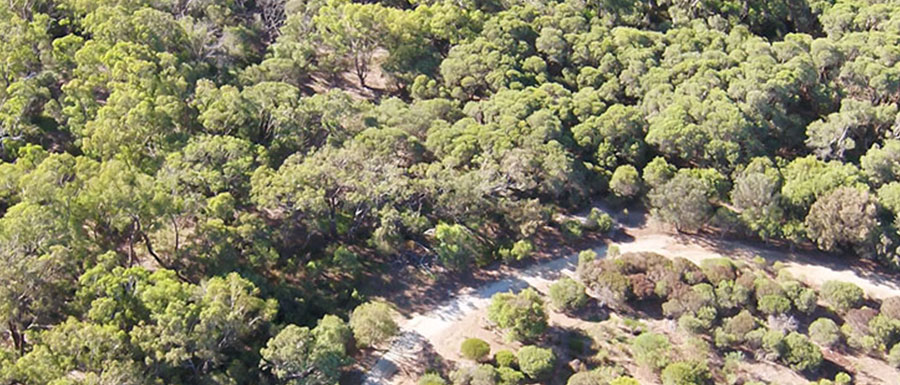Aboriginal Funeral Services

Funeral Rites & Traditions: The Dreaming and Sorry Business
For Aboriginal people, funeral rites and traditions hold significant importance and follow several customary practices. The Aboriginal people believe life is only part of a longer journey, and when a person dies, their spirit returns to the Dreaming, the spiritual realm that interconnects all things. It is important to note that funeral practices can vary widely between different Aboriginal communities and regions.
When someone dies, the trauma of this event impacts the entire local Aboriginal community. Mentioning the deceased’s name is considered taboo in Aboriginal culture as the naming of a person has the power to interrupt their journey to the Dreaming and call them back to this world. Some Aboriginal communities will use a substitute instead of a deceased person’s first name during the mourning period.
Traditionally it is considered culturally inappropriate for a non-Indigenous health staff member to contact/inform the family of persons passing. It is important to seek cultural guidance from appropriate local Aboriginal health officers and community elders. Today the traditional practices associated with death and mourning in Aboriginal culture will often be referred to as “sorry business”.
Bowra & O’Dea’s Aboriginal Funeral Services
Here at Bowra & O’Dea, our team can work closely with an Aboriginal community, respectfully and sensitively, helping to arrange a traditional funeral service or ceremony for a member of the family or loved one. We provide assistance with a range of Aboriginal funeral services including a smoke ceremony or digging of the grave, and can follow any specific guidance or traditions you may wish to include during a ceremony.
If you’d like more information about our Aboriginal funeral services, or want to know how we can assist further, please contact our team today on (08) 9231 5199.
More information about the types of Aboriginal ceremonies we provide can be found below.
Smoking Ceremony
The smoking ceremony is considered one of the most significant funeral rites for Aboriginal people, conducted by an Aboriginal elder or an Aboriginal person with spiritual and cultural knowledge of the practice. The smoking ceremony involves burning native plants, such as eucalyptus leaves, to create a purifying smoke to ward off evil spirits. This ceremony prepares the way for the spirit of the deceased to return to the Dreaming.
Digging of the Grave
Traditionally the digging of the grave, in many Aboriginal communities, is considered a sign of respect and love for the deceased, where the men of the family would dig the grave by hand, using traditional digging sticks.
Mourning Period
After the burial, a period of mourning can last from a few days to several weeks or months. At this time families and communities observe various customs, such as wearing mourning clothes or painting their bodies with ochre. Other ceremonies and rituals, including singing and dancing, are also observed to assist the spirit of the deceased transition to the Dreaming.

Aboriginal body art is a significant part of the mourning ritual to honour the deceased. (Aboriginal Art Gallery, 2023).
The significance of these funeral rites and traditions to the Aboriginal people is considered a way to honour the deceased and show respect for their spirit. They also provide a way to bring the community together in mourning and a sense of closure and healing.
Today, some aspects of the traditional rites of Aboriginal communities have evolved to adopt modern funeral practices. Protecting the cultural and ritual significance of sorry business involves a sensitive and respectful approach following the guidance of community elders and leaders.









